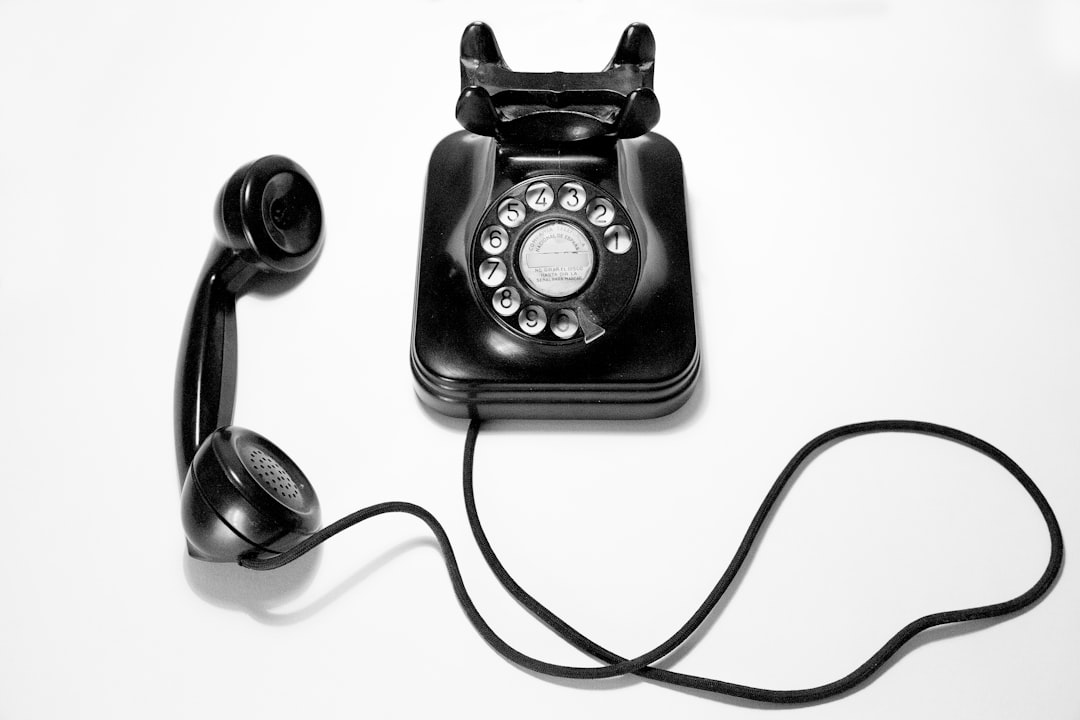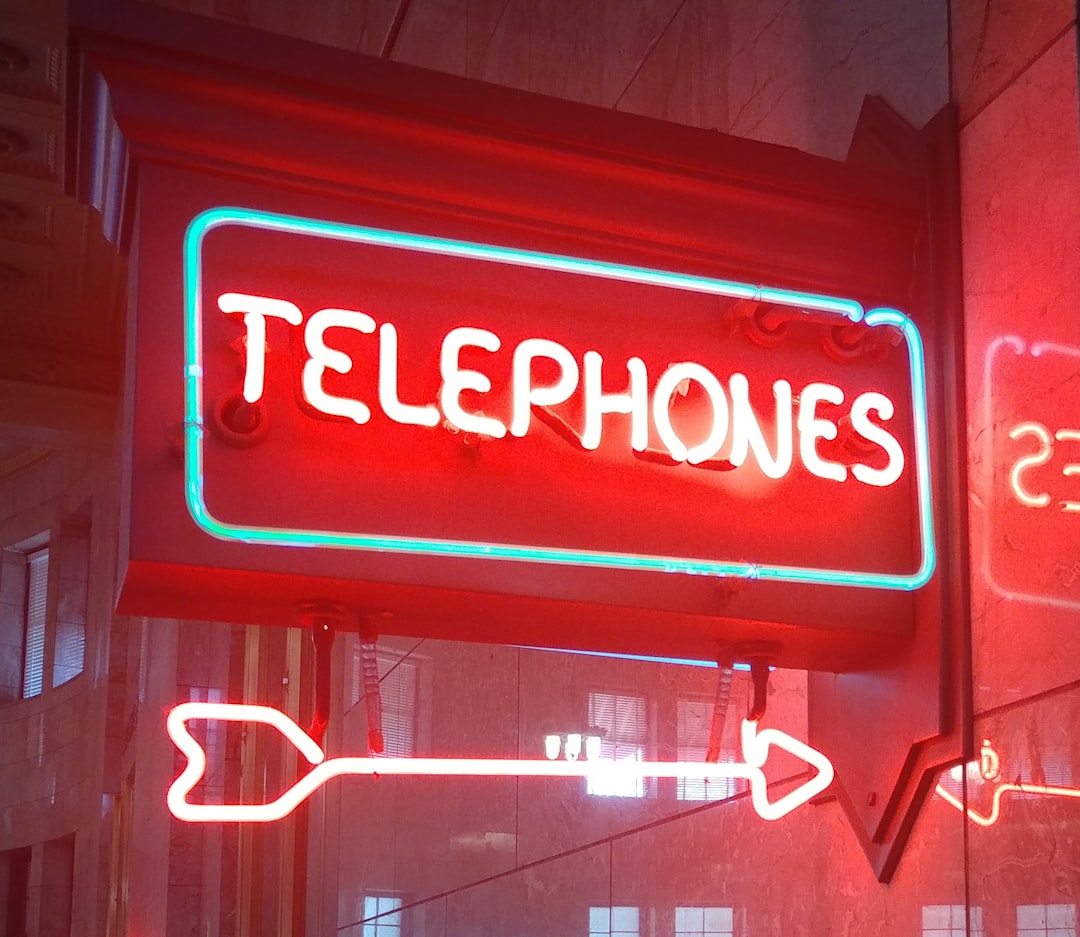In Iowa, both debtors and debt collectors have rights protected by state laws, including the Spam Call law that restricts harassing phone calls. Consulting with a qualified debt collector lawyer can help navigate disputes, ensure your rights are upheld, and provide legal counsel tailored to your situation. Understanding your rights and hiring specialized legal counsel is crucial for protecting your interests while resolving debt collection disputes effectively in Iowa.
Navigating Iowa’s court system for debt collection disputes can be complex. This guide is designed to help you understand your rights and take informed steps. We explore crucial aspects such as the state’s debt collection laws and procedures, offering valuable insights for those facing these challenges. Additionally, we discuss hiring a debt collector lawyer in Iowa, dealing with spam calls under the Do Not Call Law, and provide essential resources for navigating court processes effectively. For legal assistance from a debt collector attorney in Iowa or help with spam call-related issues, firms specializing in these areas offer robust support.
Understanding Your Rights: A Guide to Iowa's Debt Collection Laws

In Iowa, both debtors and debt collectors have rights protected by state laws. Understanding these laws is crucial when navigating a debt collection dispute. For instance, the Spam Call law in Iowa restricts debt collectors from making harassing or abusive phone calls, ensuring your privacy and peace of mind. If you feel aggrieved by a debt collector’s actions, consulting with a qualified debt collector lawyer in Iowa can be beneficial. They can guide you through the process, helping to ensure your rights are upheld according to the debt collector laws of Iowa.
Knowing your rights is the first step towards resolving such disputes effectively. A debt collection attorney in Iowa can provide legal counsel tailored to your situation, whether it involves challenging a debt’s validity or stopping abusive collection practices. Remember, there are strict rules surrounding debt collection, and violators may face penalties. With the right lawyer for debt collector laws in Iowa by your side, you can confidently navigate this process, protecting your interests every step of the way.
When and How to Hire a Debt Collector Lawyer in Iowa

Navigating legal complexities surrounding debt collection can be overwhelming, especially in Iowa where strict regulations are in place to protect consumers from aggressive practices. If you find yourself embroiled in a dispute with a debt collector, understanding when and how to hire a specialized lawyer is crucial. In Iowa, if a debt collector violates the state’s Do Not Call laws or engages in unfair collection practices as outlined in the federal Fair Debt Collection Practices Act (FDCPA), it’s appropriate to seek legal counsel. A debt collector lawyer in Iowa can provide guidance tailored to your situation, helping you understand your rights and options.
Hiring a qualified attorney experienced in debt collector laws Iowa is essential for several reasons. Firstly, they can communicate directly with the debt collector on your behalf, ensuring that all communication is documented and compliant with the law. Secondly, these lawyers have in-depth knowledge of the debt collector laws Iowa and can challenge any unlawful practices or inaccurate information presented by the collector. They may also be able to negotiate a settlement or represent you in court if necessary. When searching for a debt collector attorney Iowa, consider firms specializing in consumer protection law, often referred to as spam call law firms Iowa, to ensure they have the expertise needed to navigate these intricate legal matters effectively.
Dealing with Spam Calls: Legal Recourses Under the Do Not Call Law

Navigating Iowa’s legal system for debt collection disputes can be challenging, especially when facing relentless spam calls from debt collectors. In Iowa, the Do Not Call Law (Iowa Code § 504B) offers protections against unsolicited telephone solicitations, including calls from debt collectors. If you have registered your number on the state’s Do Not Call list and are still receiving unwanted debt collection calls, it may indicate a violation of this law.
A debt collector lawyer in Iowa can provide legal recourse under the Do Not Call Law. They can assist in filing complaints with the Iowa Utilities Board or taking civil action against the offending debt collector. Additionally, if the calls constitute harassment, a debt collector attorney can help you pursue damages and cease these intrusive communications. Understanding your rights under the Debt Collector Laws in Iowa is crucial for protecting yourself from unfair practices during disputes with debt collectors.
Navigating Court Procedures for Debt Collection Disputes in Iowa

Navigating Court Procedures for Debt Collection Disputes in Iowa involves understanding the specific laws and regulations that govern such cases. If you’re facing a debt collection dispute, it’s crucial to consult with a qualified debt collector lawyer or debt collector attorney in Iowa who can guide you through the process. The state has established clear guidelines to protect consumers from unfair practices, including strict rules on spam calls and do not call law firms.
Under Iowa law, debt collectors must adhere to specific guidelines when attempting to collect a debt. This includes providing proper notice, avoiding harassment, and ensuring transparency in their communication. If a debt collector violates these laws, individuals have the right to dispute the debt and take legal action against the collector. Engaging the services of a knowledgeable lawyer can help ensure that your rights are protected and that you receive fair treatment throughout the court process.






